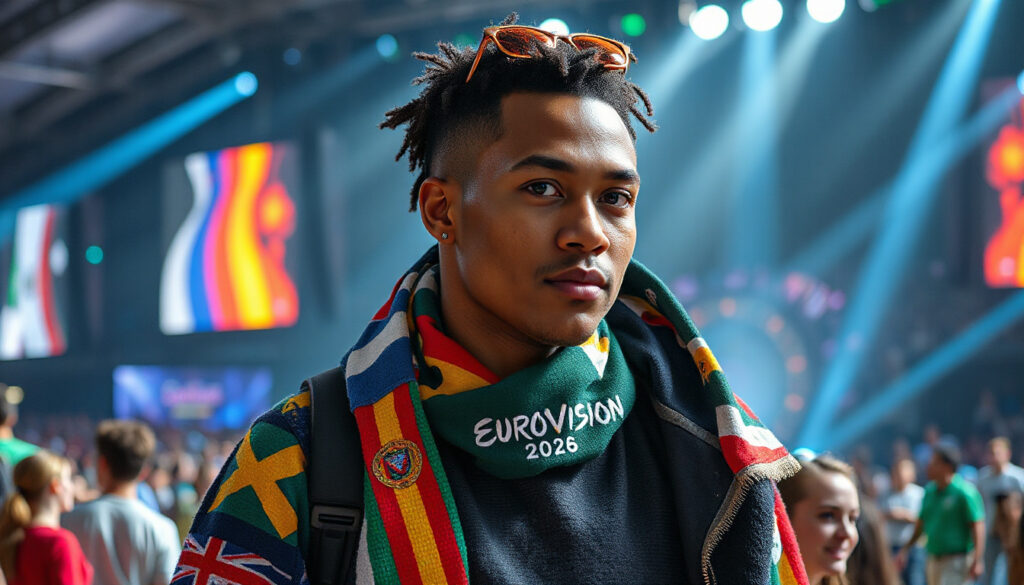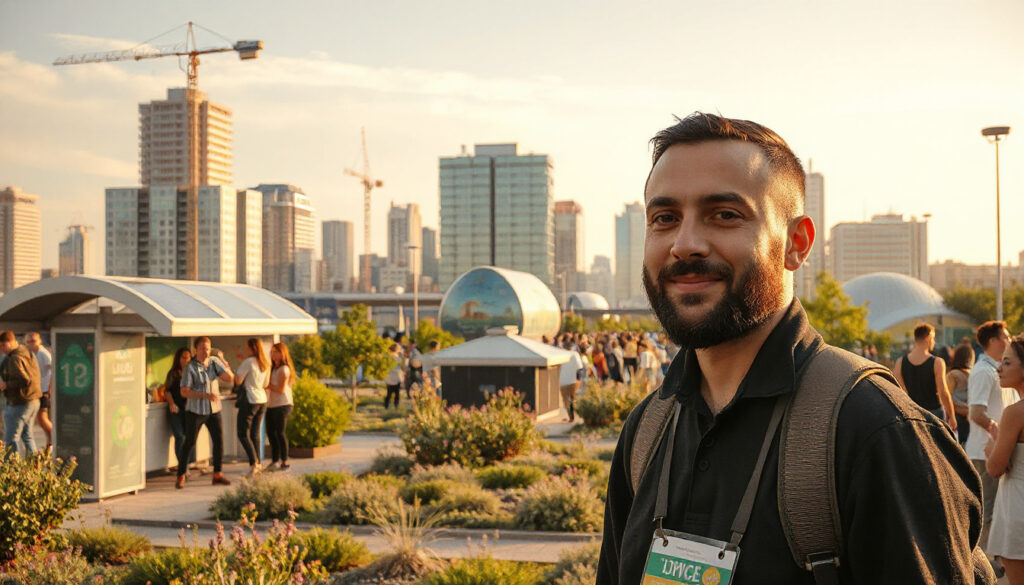We build excitement as Vienna prepares for the Eurovision Song Contest 2026. Teams work behind the scenes long before the artists step on stage. One part of the work is the Heads of Delegation meetings. In these talks, country representatives sit down together. They plan details, share news, and solve problems before the contest. This work shows how Eurovision 2026 will move ahead.

What Are Heads of Delegation Meetings?
Every country sends one Head of Delegation (HoD). This role works like a team coach or the head of an Olympic team. The HoD guides a group that includes the artist, songwriters, backup singers, press agents, and many support staff. Sometimes the team grows to more than 50 people.
The HoD links the team with the European Broadcasting Union (EBU), the group behind Eurovision. In meetings, they discuss rules, deadlines, stage work, and many other steps. The large meet happens in March before the contest. At that time, countries share their final plans.
Why These Meetings Matter for Eurovision 2026
Eurovision 2026 is the 70th show in the contest series. It will take place at the Wiener Stadthalle in Vienna, Austria. Austria won in 2025 with the song Wasted Love by JJ, which makes the local broadcaster, Österreichischer Rundfunk (ORF), and the EBU handle many tasks.
In recent talks in Vienna, ORF and EBU focused on a strong work together and an easy flow of details. The teams work closely to meet viewers’ hopes, overcome stage challenges, and keep Eurovision’s special look. These talks help everyone stick to timelines, production steps, and creative guidelines.
What Happens at the Heads of Delegation Meetings?
Delegation meetings go over many key points:
- Submission of Official Acts: Countries pick and share their artists, song names, lyrics, and more well in advance.
- Rule Clarifications: The EBU shows any rule changes. They remind all teams about performance limits, who may take part, and how the votes work.
- Broadcast and Production Logistics: Teams swap details about tech and live show plans.
- Press and Media Strategies: A plan is set for press events, interviews, and media tips.
- Health and Safety Protocols: Updates explain steps to keep everyone safe during the contest.
Each meeting gives a chance to ask questions. The talks bring all parts together. Clear language and short exchanges help solve problems quickly.
Insights From Preparations for Eurovision 2026
The contest builds on past shows and fits the local vibe in Austria. Here are some points that form the event:
- Venue and City Coordination: The Wiener Stadthalle seats 16,152 people. This place is known from 2015. The work also covers city spots like Rathausplatz and the Vienna City Hall. These parts host live screenings, parties, and the opening show.
- City Bidding and Selection: Before Vienna was picked, several cities such as Graz, Innsbruck, and Wels wanted the honor. Choosing the location involves work on travel ease, local setup, and readiness.
- Early Cooperation Between EBU and ORF: After Austria won, the EBU and ORF talked repeatedly. This close work makes sure the show keeps its classic style and brings new ideas.
- Delegations Shaping National Plans: Broadcasters plan selections months ahead. This plan uses methods from internal picks to full national finals like Albania’s Festivali i Këngës or Denmark’s Dansk Melodi Grand Prix.
What This Means for Fans and Participants
For fans, detailed planning helps the show run smooth. High production work and lively acts create a great live moment. For participants, clear talks give each person a fair chance. This setting lets artists focus on their music, not on extra details.
The clear work and set deadlines help all teams play fair. When many countries join in, this clear style benefits millions of fans watching live.
How Eurovision 2026 Delegation Talks Reflect Broader Event Trends
The new way of meeting shows a belief in short talks and clear work. While the EBU sets basic rules for the contest, local teams add their own style. This mix keeps Eurovision steady in quality and fresh in style each year. The delegation talks drive this mix of work and art.
Next Steps Leading Up to Eurovision 2026
Watch for these steps as the contest nears:
- Ongoing National Selections: Countries will announce their teams and songs in the months before the event.
- Follow-up Delegation Workshops: New sessions will tidy up rehearsals, stage work, and live show plans.
- Fan Engagement Opportunities: Live events like the Eurovision Village let fans meet the artists.
- Comprehensive Rules Finalization: The final contest rules will go to every team.
- Technical Run-Throughs by ORF and EBU: These tests will help set up a smooth live show.
Final Thoughts
A look at the Eurovision 2026 Heads of Delegation meetings shows us the care that goes into the contest. We see smart work behind a fair and fun show. The meetings show us how teams work in simple steps to create one of the world’s biggest events.
For anyone curious about big international shows, these talks show a clear path of work, shared plans, and love for music.
Ready to stay updated? Keep an eye on news from the EBU and country broadcasters as Eurovision 2026 nears. Whether you love the songs, the culture, or the friendly contest, learning how the event is made will boost your love for this great celebration.
Keywords integrated naturally: Eurovision 2026 head of delegation meetings, Eurovision Song Contest 2026, ORF Eurovision 2026, Heads of Delegation Eurovision, Eurovision 2026 preparations, Eurovision Vienna 2026.







